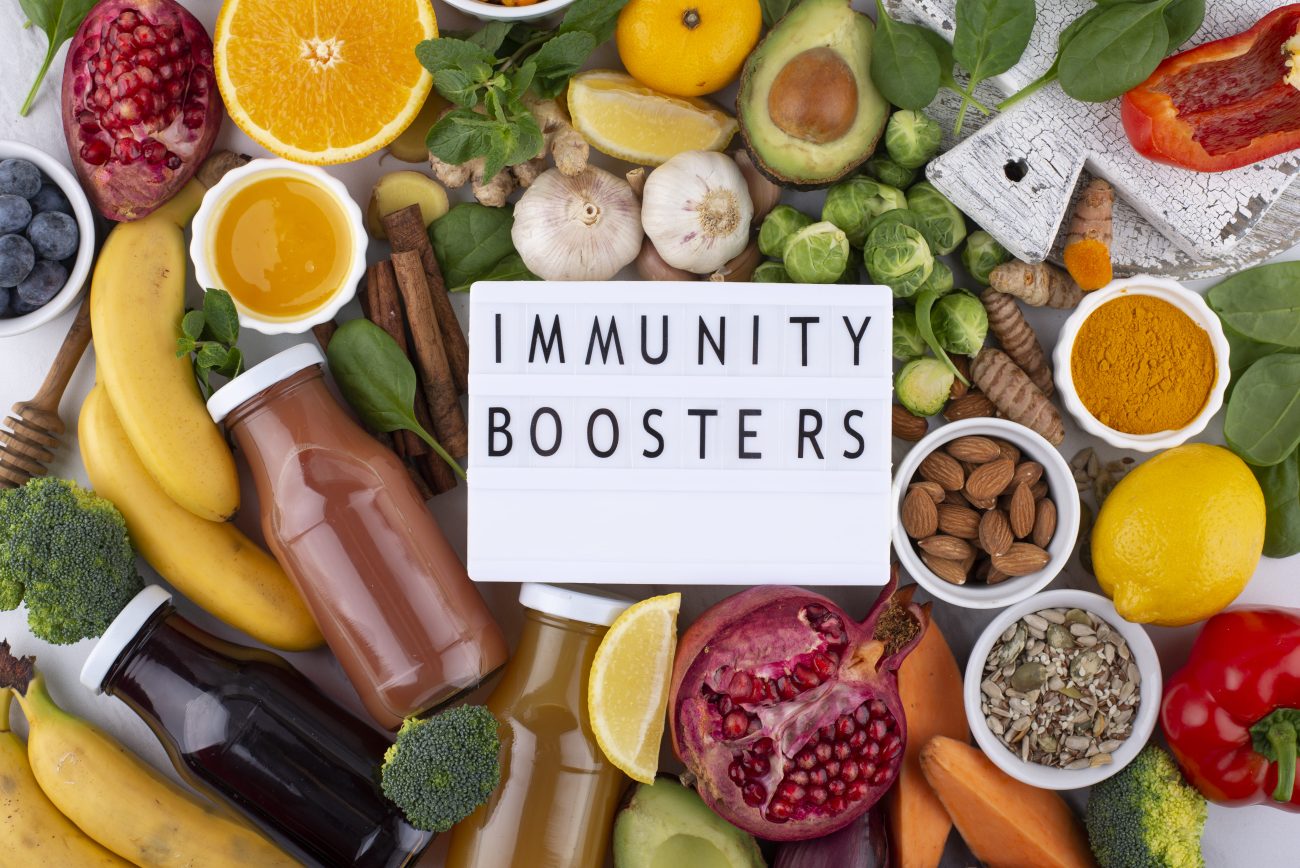Processed foods: health risks and what to avoid
In today's fast-paced world, processed foods have become a staple of many people's diets. These convenient and readily available options often provide quick and easy meal solutions. However, it is very important to be aware of the

In today’s fast-paced world, processed foods have become a staple of many people’s diets. These
convenient and readily available options often provide quick and easy meal solutions. However, it is
very important to be aware of the potential health risks associated with consuming processed foods.
In this blog, we explore the dangers and effects of processed foods on our health and give practical
tips to avoid a healthier lifestyle.
1. Understanding Processed Foods:
Processed foods go through various preservation, processing, and transformation methods before
reaching our plates. They often contain added sugars, unhealthy fats, artificial additives, and high
levels of sodium. Common examples are packaged snacks, sugary cereals, fast food, frozen foods,
and sugary drinks.
2. Increased risk of chronic diseases:
Regular consumption of processed foods is associated with an increased risk of chronic diseases such
as obesity, type 2 diabetes, heart disease, and certain cancers. These foods are usually high in
calories, unhealthy fats, and added sugars, but lack essential nutrients such as fiber, vitamins, and
minerals.
3. Negative effects on heart health:
Processed foods are known for their high sodium content. Excessive sodium intake can contribute to
high blood pressure, a major risk factor for heart disease. In addition, many processed foods contain
unhealthy trans fats, which can raise LDL cholesterol and increase the risk of heart disease.
4. Challenges of weight management:
Processed foods are often highly palatable and designed to be addictive, so it’s easy to overindulge.
These foods are usually high in calories and lack the satiating properties of whole, unprocessed
foods. Regular consumption of processed foods can lead to weight gain and make it difficult to
maintain a healthy weight.
5. Nutritional deficiencies:
Processed foods are usually stripped of their natural nutrients during processing and manufacturing
processes. As a result, they lack essential vitamins, minerals, and fiber that our bodies need to
function optimally. Relying on processed foods can contribute to nutritional deficiencies and
negatively affect overall health and well-being.
What to avoid:
a) Added sugars: Avoid processed foods that are high in sugar, including soft drinks, sugary drinks,
cookies, cakes, and sugary cereals. Opt for whole fruit or natural sweeteners like honey or maple
syrup instead.
b) Artificial Additives: Be careful of foods that contain artificial colors, flavors, preservatives, and
sweeteners. These additives have been linked to adverse health effects. Choose whole foods and
minimally processed options.
c) Trans fats: Avoid foods that contain partially hydrogenated oils or hydrogenated oils, as they often
contain trans fats. These unhealthy fats can increase the risk of heart disease. Choose healthier
sources of fat such as avocado, nuts, and olive oil.
d) Highly Processed Foods: Limit your consumption of processed snacks such as crisps, cookies, and
packaged cookies. Instead, choose whole foods like raw nuts, seeds, and fresh vegetables with
homemade dips.
e) Fast food: Reduce your consumption of fast food as it is usually high in unhealthy fats, sodium, and
calories. Prepare and prepare meals at home using fresh, whole ingredients whenever possible.
Although processed foods offer convenience, it is important to be aware of their potential health
risks. Regular consumption of these foods has been linked to chronic disease, weight gain, and
nutritional deficiencies. By making conscious choices to avoid processed foods with added sugars,
unhealthy fats, artificial additives, and sodium, you can prioritize your health and well-being. Choose
whole, unprocessed foods that provide essential nutrients and boost overall vitality. Remember that
small changes in your eating habits can make a big difference to your health in the long run.



